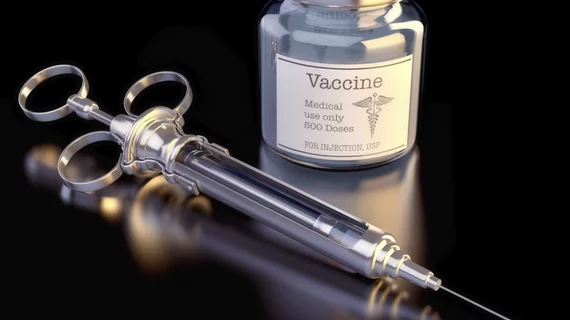HIV vaccine fails trial in South Africa
An experimental vaccine to prevent HIV has proven ineffective in preventing the virus, according to a study conducted by the National Institute of Allergy and Infectious Diseases (NIAID), which is part of the National Institutes of Health (NIH).
An independent data and safety monitoring board reviewing the experimental vaccine found it did not prevent HIV. The study began in 2016 and has been taking place in South Africa, where an investigational prime-boost vaccine regimen was adapted.
“An HIV vaccine is essential to end the global pandemic, and we hoped this vaccine candidate would work. Regrettably, it does not,” NIAID Director Anthony S. Fauci, MD, said in a statement. “Research continues on other approaches to a safe and effective HIV vaccine, which I still believe can be achieved.”
The study, known as HVTN 702, enrolled 5,407 HIV-negative volunteers, consisting of sexually active men and women aged 18 to 35, at 14 sites across South Africa. The enrollees received either the HIV vaccine regimen or placebo injections, receiving six injections over 18 months. Participants were also offered access to oral pre-exposure prophylaxis (PrEP), which has been shown to reduce the spread of HIV.
Researchers found 129 HV infections occurred among the vaccine recipients and 123 among the placebo recipients.
The findings were a disappointing result for a hopeful solution. South Africa has one of the highest HIV rates around the world, with more than 20% of adults 15-49 living with HIV. NIH is investigating several approaches to prevent HIV, including two other late-stage, multinational vaccine trials. Other AMP trials are also underway.
“The people of South Africa have made history by answering this important scientific question. Sadly, we wish the answer was different,” said HVTN 702 Protocol Chair Glenda Gray, MBBCH, FCPaed. “We will continue to explore promising avenues for preventing HIV with other vaccines and tools, both in South Africa and around the world.”

